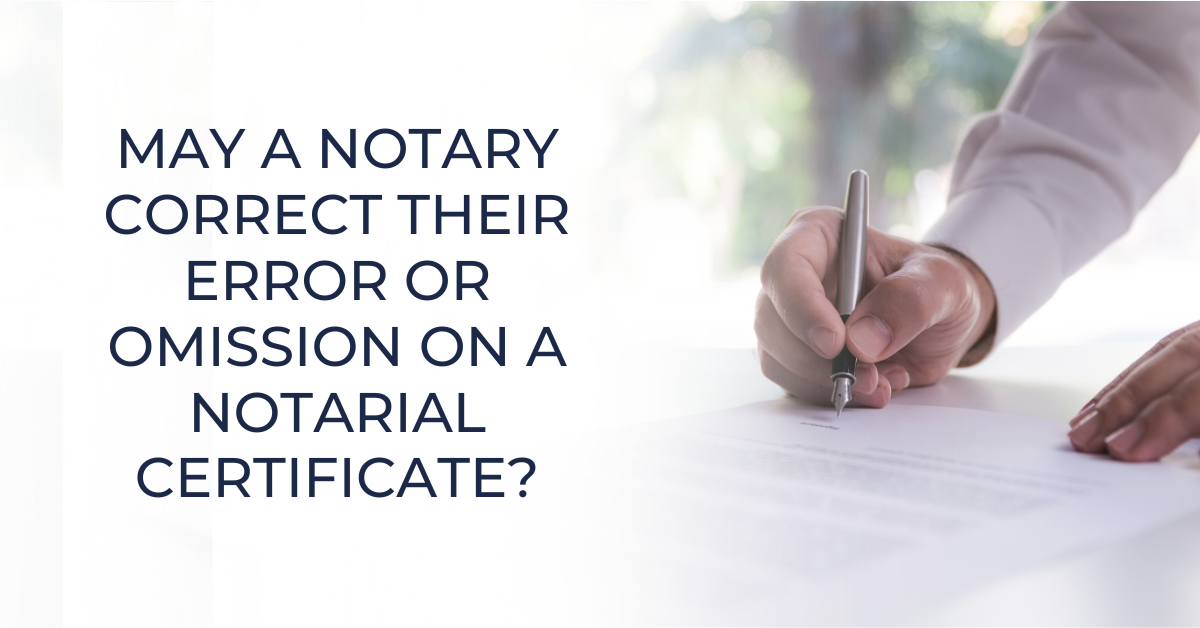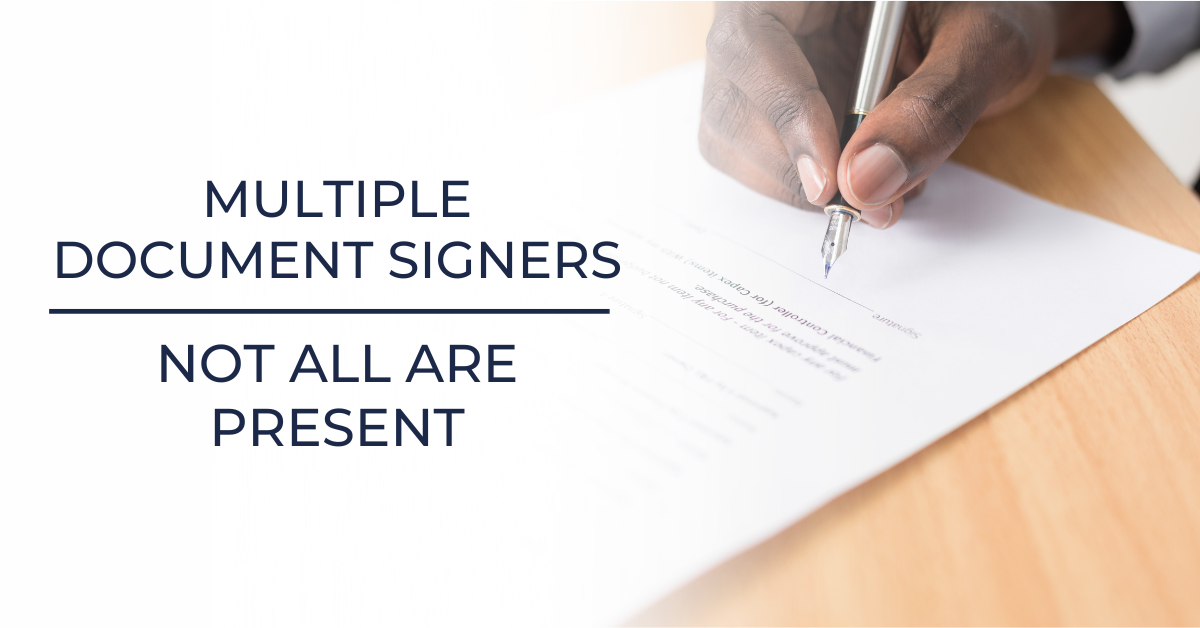Notary Public Underwriters Blog
Notary Blog
May A Notary Correct Their Error or Omission on a Notarial Certificate?
- Details
- Published: May 8, 2023
- Notary Blog

It’s embarrassing, but it happens even to the most careful of Notaries: the Notary completes and signs a notarial certificate on a document, but later learns that they added incorrect information to the certificate, left out required information, or forgot to add their stamped or embossed seal. If you are later asked to correct an error or omission on a notarial certificate, here’s how you can proceed.
Happy 38th Anniversary, Notary Public Underwriters!
- Details
- Published: May 4, 2023
- Notary Blog

Notary Public Underwriters (NPU) is celebrating its 38th anniversary this year! It's hard to believe that it has been that long since the company was established.
Happy Earth Day
- Details
- Published: April 21, 2023
- Notary Blog

Happy Earth Day! This is a day to celebrate our planet and all that it provides for us. It is also a day to reflect on our impact on the environment and make a commitment to do better.
How To Notarize For Multiple Document Signers When Not All Are Present
- Details
- Published: April 24, 2023
- Notary Blog

In real life, there’s no such rule of “only one named signer per document.” Many documents require the signatures of multiple persons, and any number of those signatures may require notarization. Here’s a step-by-step process for dealing with this circumstance:
Notary and Signing Agent Insurance - What Are They and Do I Need Them?
- Details
- Published: April 17, 2023
- Notary Blog

Notary Public Errors and Omissions Insurance (E&O) and Signing Agent Errors & Omissions Insurance are similar but distinct types of insurance coverage. Many notaries wonder if they're necessary and, if so, which type should they have.
More Articles ...
- Unusual Circumstances – Check Your Notary Laws for Guidance!
- “Apostilles ” and “Notary”—How Are They Related?
- Tracking Notary Business Expenses
- How to Avoid Burnout as a Notary Signing Agent
- Making Money as a Notary Public
- What do I do with my record book (journal) entry when a notarization is cancelled (not completed)?
- Year-Round and Tax-Time Tips for Sole Proprietor Notaries: Income
- Notary Public Underwriters Honors Yolonda Cave for 35 Years of Service
- Boost Your Business Credentials—Become a Notary Public
- “Signature Witnessing” – A “No” for Some States’ Notaries
- Why Becoming a Notary Might be a Good Side Job for You
- How to Market Yourself as a Notary
- Maintain “Sole Custody and Control” of Your Notary Record Book
- EFFECTIVE NOW – NEW RECORDKEEPING REQUIREMENTS FOR ALL NEW YORK NOTARIES
- Address Change, Lost or Stolen Seal or Journal: Why You Should Report It Immediately in Arizona
